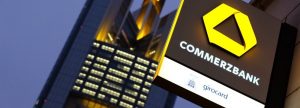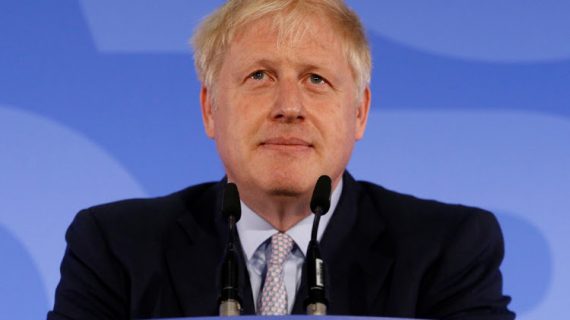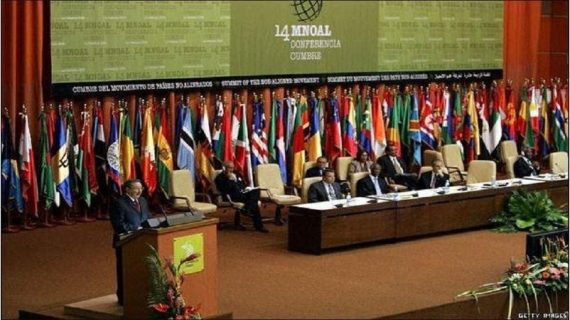Europe’s Banks Need Faster Recovery
Reported by HPMM Group according to FINANCIAL TRIBUNE ; After a year in the recovery ward, 2017 results show some banks are healing. The most serious illness, negative rates, is stubbornly resistant however. The danger remains that banks may not recover before another disease–financial or technological–strikes.
European banks have been in the recovery ward for almost a year now. After struggling for much of 2015 and 2016, the Stoxx 600 European bank index rose about 30% in the six months to early 2017. It has barely budged since, Euromoney reported.
Was that rally well-founded? On the regulatory front, things have moved in a better direction. When the Basel Committee belatedly agreed its new rules late last year, the outcome was better than feared for Europe.
This is particularly important for French banks, because of their heavy use of internal ratings-based models. More regulatory clarity could now help mergers and acquisitions, which would be the best catalyst for higher valuations.
For banks with important markets businesses, trading revenues looked weaker in the third and fourth quarters of last year than a year earlier, when there was volatility caused by Brexit and the US election.
But the volatility in early 2018 around changing US rates expectations is a help, as long it does not get so scary that it derails investment banking deal flow. Alastair Ryan, equity analyst at Bank of America Merrill Lynch, calls this moment “goldilocks in capital markets” for being just right for bank earnings.
The eurozone economy is recovering faster than expected. US rate expectations are edging higher and the dollar interbank market has doubled to 1.9%. However, few are now expecting a late 2018 ECB rate rise, which the most bullish European bank investors imagined a year ago. Euribor, or Euro Interbank Offered Rate, is still in the same slightly negative territory of a year ago, at about -0.3%.
Early last year, rates bulls homed in on Commerzbank. The bank itself claimed a 100-basis point rate hike would bring it an extra €۱ billion ($1.24 billion) of revenue, boosting its return on equity by two percentage points. Some investors thought things could only get better for Commerzbank. But Commerzbank’s Return on Equity is still well short of what chief executive Martin Zielke wants; it was even lower than 2017, at just 0.5%.
In its annual results statement, the bank admitted its success in growing volumes and customers was still not enough to offset negative rates and lower margins. Clearly, consolidation in Germany has not happened in a meaningful manner, despite the ever-more obvious need.







